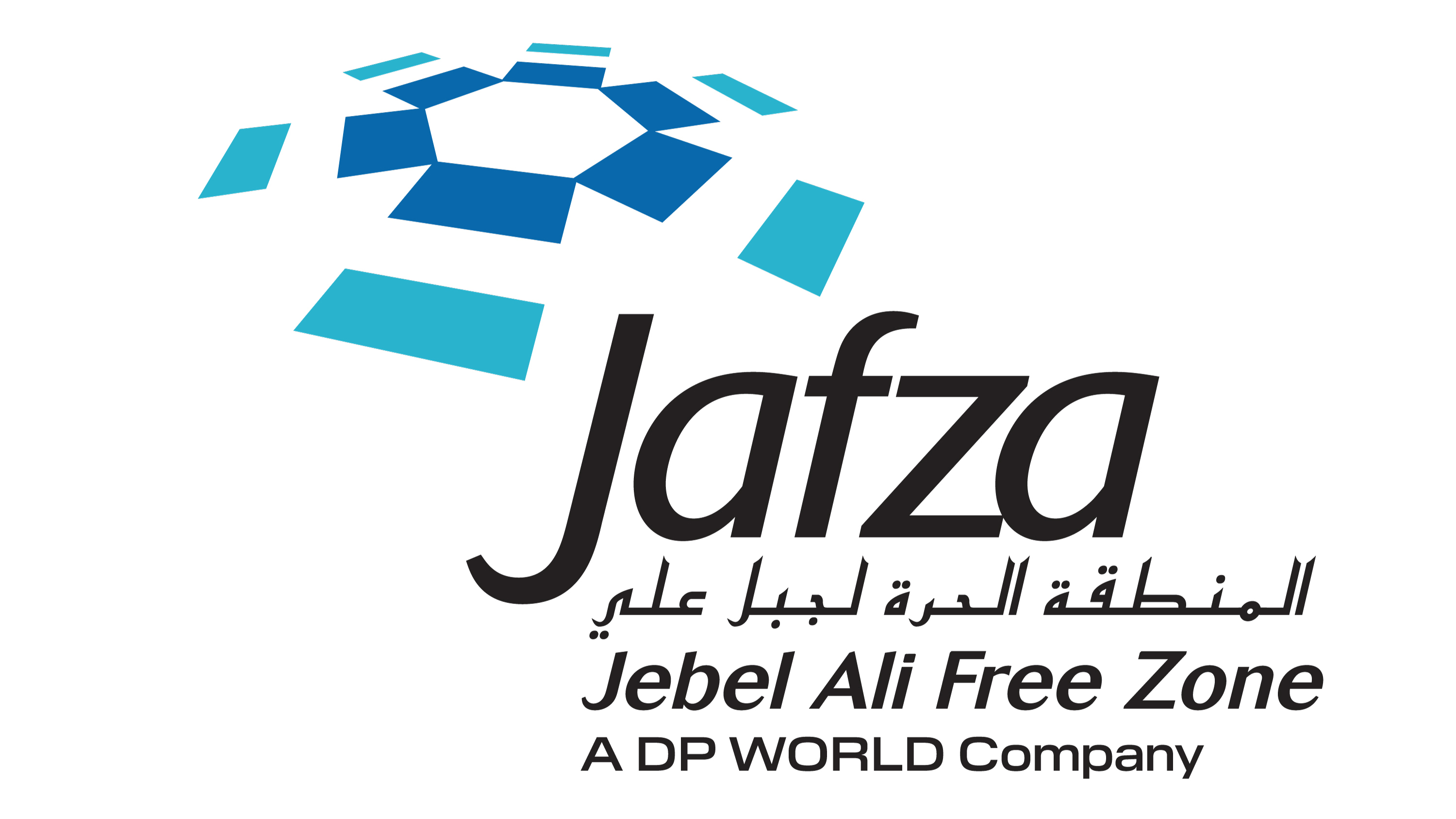While free zones may always have been inherently diverse, their future arguably lies in supporting a wide range of industries, and fostering an inclusive environment where it is easy to do business. The UAE’s Jebel Ali Free Zone (Jafza) – owned and operated by multinational logistics company DP World – was named fDi Intelligence’s Industrial Zone of the Year in 2024 for supporting global manufacturing and logistics operations. From food and agriculture to petrochemicals, healthcare and automotive, the zone is adapting to rapidly changing global demands and responding to the urgency of innovation. In 2023, it facilitated $169bn in trade value from more than 10,700 businesses.
The macroeconomic impact of this is significant, boosting non-oil bilateral trade and local manufacturing. Jafza’s trade platforms, such as Bharat Mart and Yiwu Market, are creating opportunities for businesses to access new markets and expand their reach.
Advertisement
In 2023 the free zone managed more than 10mn tonnes of trade in automotive, food and beverage (F&B) and chemicals. From ready-to-use infrastructure to bespoke solutions for various sectors, the expectations for free zones to deliver on changing market dynamics are surging – and multimodal connectivity is changing the game. Globally, 90 per cent of everything traded today is shipped by sea. Diversifying transport options is helping improve connectivity, cut costs, and build resilience.
Local manufacturing is getting an unprecedented boost, in line with the UAE’s aim of increasing the manufacturing sector's contribution to the country’s GDP, and through a series of bilateral Comprehensive Economic Partnership Agreements (CEPAs).
A diversified industrial base, single customs-bonded area, reduced transit times, improved market access, last-mile delivery, reduced costs and the opportunity to minimise environmental impact provide a huge competitive advantage in today’s global trade landscape in which businesses have to grapple with geopolitical tensions, rising shipping costs and supply chain vulnerabilities. Diversity – in sector, connectivity and culture – is at the heart of building resilience to these challenges and making supply chains more open, nimble and responsive.
Technology growth and digital transformation
Technologies such as artificial intelligence, Internet of Things and blockchain are no longer just aspirational; they also provide a huge competitive advantage. The global supply chain industry is growing more complex as customer demands for immediate and seamless logistics increase, and businesses seek better control and visibility of product journeys.
Smart technologies can be a huge advantage for free zones and integrated logistics hubs, such as the town of Jebel Ali, which is home to both Jafza and the largest port in the Middle East. From monitoring cargo in real time, to managing inventory, anticipating disruptions and enhancing transparency, digitalisation is enabling DP World itself to streamline processes, and improving efficiencies in its logistics operations. The bigger opportunity lies in leveraging this technology to expand the reach of free zones and encourage new sectors to access new markets.
For example, the rapid growth of ecommerce since the pandemic has created new demands for logistical efficiency and spurred innovation within free zones. Strategic partnerships are also facilitating paperless cross-border transactions, creating an integrated digital experience for end-to-end logistics, reinforcing the role of free zones as a key enabler of global trade.
Advertisement
Opportunities from renewables
Green energy is another sector witnessing a trade surge, just as free zones are rapidly progressing towards ambitious goals to reduce carbon. In 2024, Jafza was awarded fDi Intelligence's Sustainable Zone award for its commitment to sustainability, as the zone is on track to achieve its 2030 target. It has also received the Science Based Targets Initiative verification – considered the gold standard in sustainability target setting – and in 2023, it sourced International Renewable Energy Certificates (I-RECS) from the Dubai Water and Electricity Authority, making Jafza fully powered by renewable energy.
Individual businesses are already striving to reduce the carbon footprint of their supply chains in the face of growing pressure from investors and regulators to act quickly1[2]. As for free zones themselves, there is a palpable shift towards renewable energy adoption, as well as water and energy conservation.
While reducing emissions in this sector is complex, possibly the biggest challenge weighing on companies is balancing economic impact and sustainability. Take food security as an example. It is among the Middle East’s most pressing concerns, and Jafza is responsible for more than 25 per cent of Dubai’s F&B trade value. By aligning objectives with the UAE’s National Food Security Strategy 2051, the company is stimulating investments to build resilience in food supply chains.
The future is more ambitious. We’re entering an era fuelled by purpose, with free zones exploring more clean energy sources, championing zero waste, sustainable building materials and design principles, and expanding natural areas for carbon sequestration. Ultimately, trade will only remain viable in a low-carbon future. The sooner we can all accept this, the better it will be for companies, countries and communities.
Abdulla bin Damithan is CEO and Managing Director of DP World GCC
1[2] According to Deloitte, 75% of companies have increased investments in sustainability, with 65% of companies citing changes in the regulatory environment as the reason for action.
